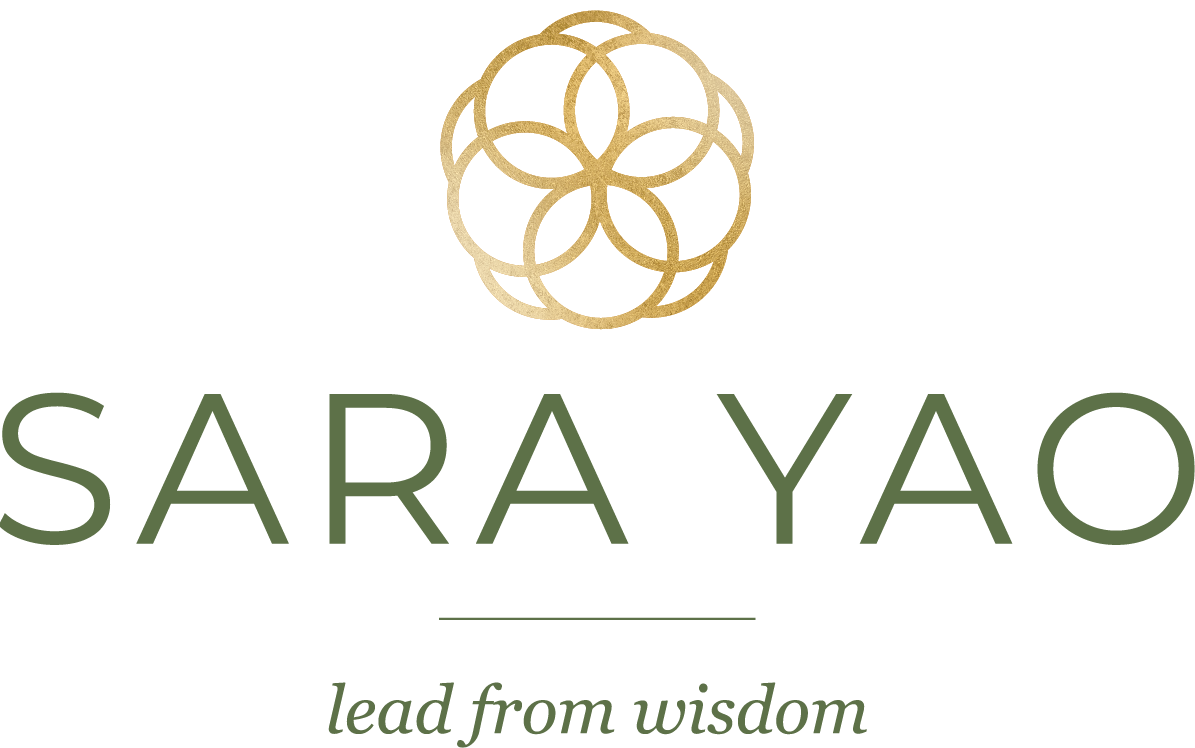The Why of Stillness
While many people meditate to relieve stress, increase performance, and become more centered and focused, meditation offers a deeper possibility. Meditation can be the doorway for you to explore and inquire about the nature of your reality and the possibilities of your life. Through stillness and silence, you have an opportunity to see that you are not just the content of your mind, but rather something far more stable, consistent, non-judging, and aware – this is presence.
When I started meditating, I struggled with “quieting my mind” and didn’t know that letting go of that struggle was an option. I thought struggle was part of the deal with meditation. In fact, the idea of not struggling in meditation (and life) was foreign to me. I was still in a place where I thought meditation should give me something tangible. I didn’t know what it was, but I felt like it should have a “more concrete benefit” than just accessing peace, stability, or clarity. From my vantage point now, I see that I was trying to “get” something from meditation, missing the point that meditation was an opportunity for me to access my natural state. Now, for me, there isn’t any other reason more valuable than accessing my authentic nature. Having that stable ground beneath me, after all, allows me to navigate the unpredictable terrain of my external world with more grace and joy.
Once I surrendered to simply experiencing meditation, rather than trying to “do” or “get” something, I did in fact experience some tangible side effects of silence and stillness. I call them side effects because some or all of these are things you may experience through strengthening your attention and deepening your awareness, but the experience is, of course, different for every person.
Increased ability to focus
Because our attention is so fragmented, it has become increasingly difficult to focus or concentrate on one thing at a time. Plenty of research has proven that multitasking is not nearly as effective as focusing on one thing, so, initially at least; meditation is a great way of training your mind to concentrate on one thing at a time.
Less reactivity
Research shows that consistent meditation reduces the size and strength of the limbic system’s fight-or-flight response and instead bolsters the neuropathways to your resourceful prefrontal cortex or frontal lobe. As you access the stable ground of your presence and become aware of your thoughts and emotions, you will naturally become less reactive. You will begin not to be carried away by thoughts, nor will external events take you off center as easily.
Calm of the nervous system
Many of us operate from a fairly constant adrenalized, fight-or- flight state. As a result, our nervous system is amped. Meditation is a way for us to return to our natural, calm state. Granted, you may not experience “calm” the first few times you meditate, because your nervous system is habitually running on all cylinders, but through meditation you can give your nervous system a reference point of calm so it, too, can remember its natural state.
Access to creativity
When you meditate, you strengthen your frontal lobe and allow your analytical mind to take a break. True creativity does not and cannot come from the analytical mind, so when you meditate, you give your system a chance to rest and open up to other creative possibilities. New ideas or solutions may not come to you while you’re in silence, but they set you up to receive the ideas from “out of the blue”.
Giving insight a place to land
Similar to creativity, insight is not something you can find; it has to find you. Meditation is a way for you to slow down your system, tune into awareness, and allow it to guide you. Your job is to listen and inquire about the information that is presenting itself to you. As with aligning to the current of a river, awareness you will guide to very next thing for you to examine or explore. You may not always like what awareness reveals, but the insight will show itself in the perfect time. You may find you don’t have to work so hard to figure out what to do, but rather you will have a gut sense of where to go or what to do next.

